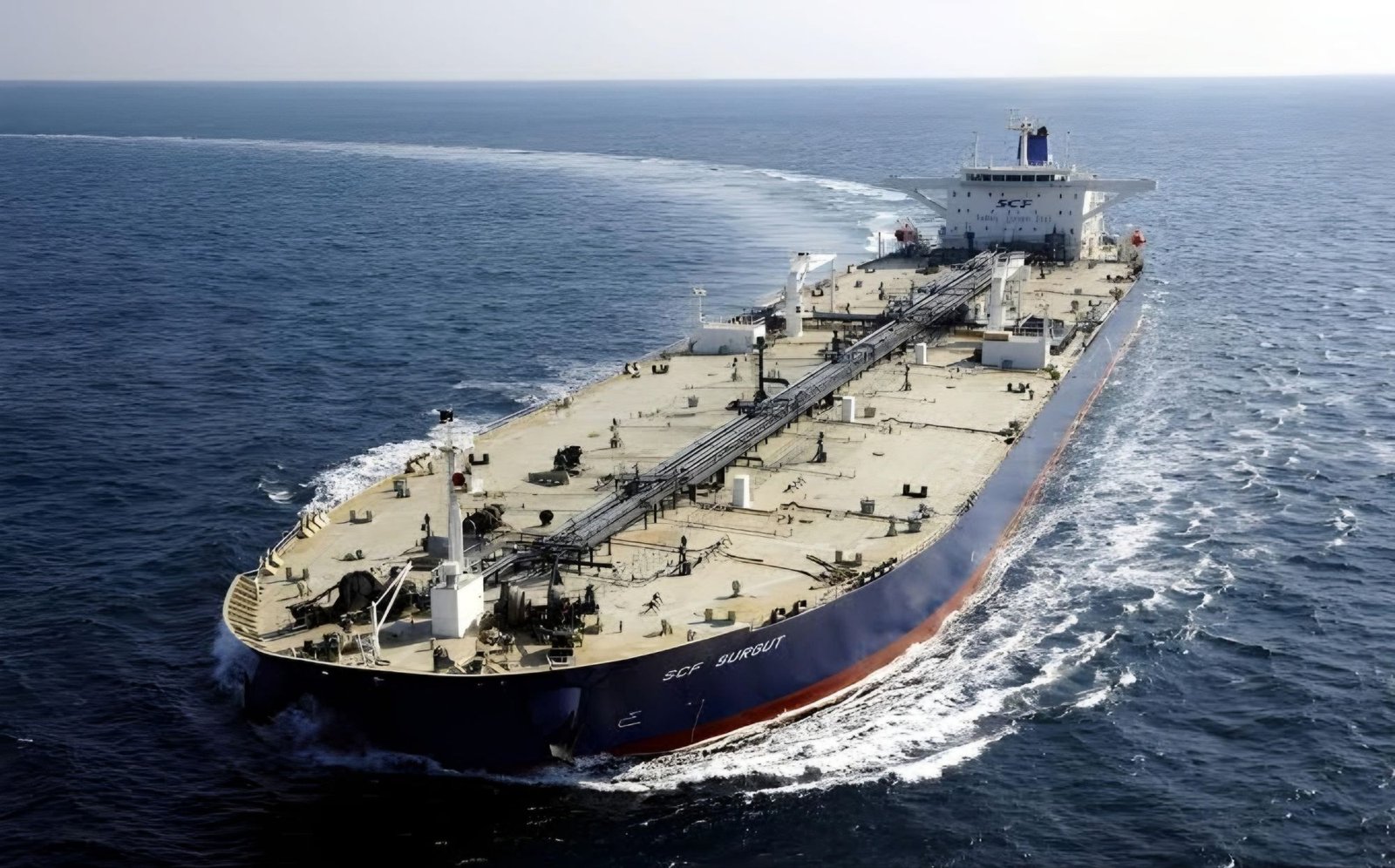
Under 100 Words: A Compact Summary
Attacks on Russian oil vessels raise concerns for India’s crude procurement, impacting trade costs. Moscow’s intervention is anticipated as new US sanctions add uncertainties. Despite warnings, India increased its share of Russian crude imports to around 39% in 2023. Imports averaged 1.53 million b/d in January and 1.58 million b/d in February, per Kpler data (Houthi Strikes on Russian Oil Tankers).
- The unforeseen missile attack on the Panama-registered vessel Pollux, which loaded crude at the Sheshkaris oil terminal in the Russian port of Novorossiysk on January 24 and was set to transport the medium, sour Urals grade to Paradip port by February 28, has complicated matters for India’s procurement of Russian crude, the nation’s primary oil provider, as stated by the Paris-based market intelligence agency Kpler.
- According to data from the United Kingdom Maritime Trade Operations and the US State Department, the tanker was hit northwest of Yemen’s Mokha port in the Red Sea (Houthi Strikes on Russian Oil Tankers).
- The US Central Command (Centcom) reported that rebels targeted Pollux, an LR2 (Long-range 2) type tanker carrying approximately 628,000 barrels of Urals, using at least three missiles, with one hitting the vessel on the port side.
- Officials confirmed no casualties, and the vessel continued its journey to India’s east coast (Houthi Strikes on Russian Oil Tankers).
- The latest signal from Pollux was received 18 hours ago in the waters near Somalia, heading towards India, according to Kepler data.
- State-owned refiner Indian Oil operates a refinery with a capacity of 300,000 barrels per day in Paradip, and Kepler data indicates that Russian state-owned Rosneft is the oil supplier.
- A refining official based in Mumbai mentioned that there have been no frantic calls from suppliers, and there is no panic in the market as of Saturday (Houthi Strikes on Russian Oil Tankers). He added that Russian oil is still being transported through the Suez.
- This incident marks the second attack in less than three weeks on a Russian oil vessel. In the previous month, the Achilles, a crude oil tanker managed by India’s Gaurik Ship Management, was attacked while sailing to Sikka on India’s west coast carrying Russian Urals.
- Fortunately, the missile missed the vessel, and ship-tracking data indicates that the cargo was successfully delivered on February 1 at the Jamnagar oil terminal.
- Tilak Doshi, a London-based energy expert with extensive experience, stated, “It is likely that the Houthis have no intention of attacking non-Israeli related commercial shipping and that this was a one-off.” He explained that such actions are not in their interest, considering their alliances with Iran, Russia, and China in global geopolitics.
- Despite this, the Houthis continued to focus on targeting shipping linked to Israel, the United States, and the United Kingdom in the Red Sea and the Gulf of Aden (Houthi Strikes on Russian Oil Tankers).
- According to the UK-based maritime security agency Ambrey, five vessels, including Pollux, have been targeted by the Houthis in February. Ambrey reported that Pollux sustained minor damage from the attack.
- According to a state-run refining official, Russia’s positive relations with Iran position them well to manage the Iran-backed Houthi rebels.

- Government officials suggest that India’s support for Israel has led to the targeting of ships with Indian involvement by Hamas and the Houthis. India, in response, has attempted to maintain a balanced stance in the Israel-Palestinian conflict.
- An industry official notes that some tankers, including Russian ones transporting crude to India via the Suez, may not explicitly indicate India as their destination (Houthi Strikes on Russian Oil Tankers). The Houthis, however, are reportedly scrutinizing vessel ownership, not just their intended destinations.
- Despite affiliations with mainland China, Iran, and Russia, attacks on vessels, including the Achilles and a container ship owned by a Chinese company, have not been completely prevented, as noted by Ambrey (Houthi Strikes on Russian Oil Tankers).
- The prevailing uncertainty is impacting both freight costs and insurance, potentially rendering Russian oil less competitive unless Moscow absorbs the increased expenses while maintaining existing discounts of $3-$4 per oil barrel, according to a statement from a state-run refining official.
- If the attacks persist, Russian vessels might be compelled to take longer routes, such as going around the Cape of Good Hope, leading to extended transit times by weeks and escalating costs, according to Indian refining officials. They anticipate Moscow to intervene with Tehran to address these issues.
- The UN Conference on Trade & Development (UNCTAD) reports that opting for longer, safer shipping routes has led to increased trade costs for shipping and insurance across all cargo types (Houthi Strikes on Russian Oil Tankers). According to LSEG Shipping Research, diverting a tanker around Africa incurs an additional cost of nearly US$1 million per voyage, with a significant 110% surge in costs observed for Aframax tankers, comparable in size to LR2 vessels.
- These attacks coincide with new US sanctions imposed since December, tightening restrictions on vessels transporting crude to India (Houthi Strikes on Russian Oil Tankers).
- Despite warnings from Washington about potential sanctions violations, India escalated its share of Russian crude imports from 16% in 2022 to around 39% of total purchases in 2023.
- Kepler data reveals that imports averaged 1.53 million barrels per day (b/d) in January and increased to 1.58 million b/d in February (Houthi Strikes on Russian Oil Tankers).
- Import levels have remained around 1.5-1.6 million b/d since August, following a drop from over 2 million b/d in July due to reduced discounts, increased Western scrutiny, Russia’s output cuts, and the ongoing Red Sea conflict.
ALOS READ – A Russian aircraft crashes near Ukraine, transporting 65 prisoners of war from Kyiv.